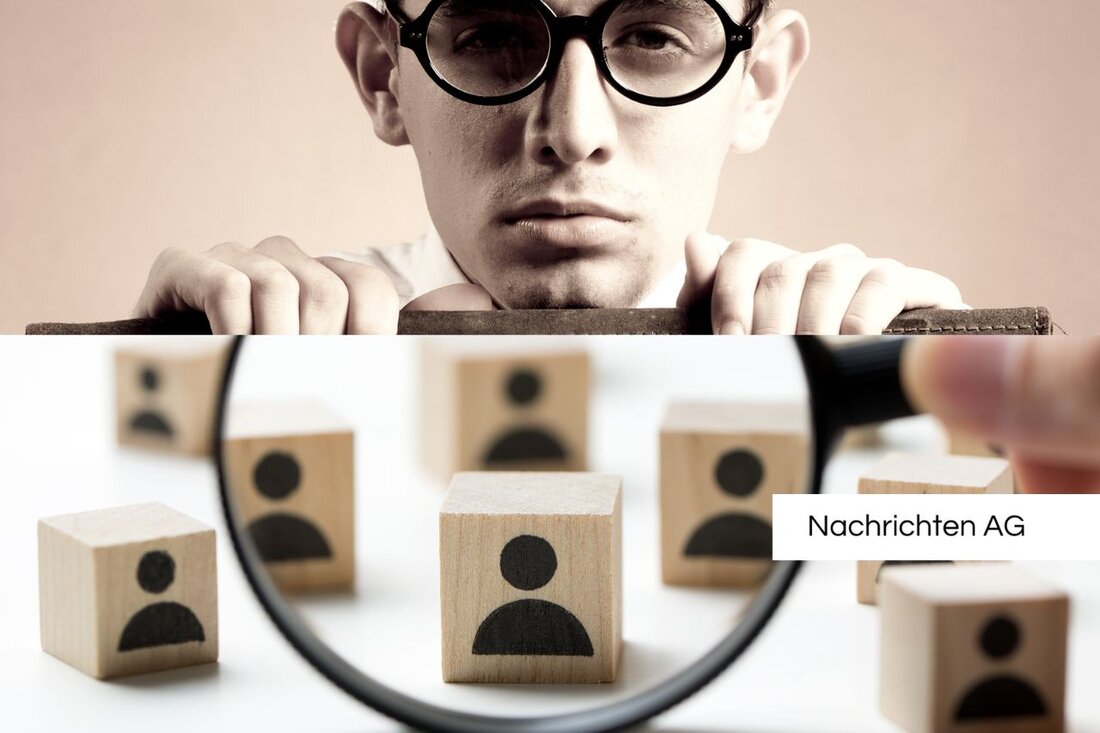FPÖ calls for U-Committee: conspiracy theories or real enlightenment?
FPÖ calls for U-Committee: conspiracy theories or real enlightenment?
Österreich - On May 29, 2025, the Freedom Party (FPÖ) officially announced its desire for an committee of inquiry, the central issues of which are the investigation into the death of Christian Pilnacek, the former head of justice, as well as the government's corona measures. This step was submitted in a special meeting of the National Council in order to take a closer look at the allegations of intimidating government critics by the Chancellor party. According to the Kleine Zeitung was also mentioned: The summary of the topics of Pilnacek and the current COV measures.
Andreas Hanger from the ÖVP and Jan Krainer from the SPÖ have announced that they legally examine the FPÖ's request. During this examination, the regulatory committee will decide with a simple majority to admit the examination. Despite the political tensions, the FPÖ is able to request the U-Committee alone, which is due to it due to minority law. This illustrates the special role of committees of investigation, which, according to the Federal Center for Political Education , are used primarily from the opposition to control the government.
political reactions and tensions
The theme of Pilnacek and the accusations of the FPÖ were severely criticized by other parties in the National Council. It was noted that the diversity of the committee could lead to confusion, especially with regard to the alleged conspiracy theses that were set up in the Corona chapter. While the Greens drew their attention to the cause of the death of Pilnacek, other factions saw hardly any alliances, which further fueled the political mood.
The planned examination period includes the period from January 7, 2020 to May 20, 2023. As the Federal Center for Political Education , committees not only have the authority to raise evidence, but can also invite witnesses and experts in detail.
perspectives of the committee
In addition, the FPÖ plans to advance a parliamentary Initiative for live transmission of surveys in the committees of investigation. This could increase transparency and increase public interest in the negotiations, which is of central importance for the success of the committee. However, the challenges and political tensions associated with the committee of inquiry could also endanger the effectiveness of the educational work.
In summary, the establishment of the committee of inquiry is at the beginning of a complex political process in which the parties could strengthen or weaken their positions. While the FPÖ insists on clarification, other parties see the risk of political instrumentalization.| Details | |
|---|---|
| Ort | Österreich |
| Quellen | |


Kommentare (0)